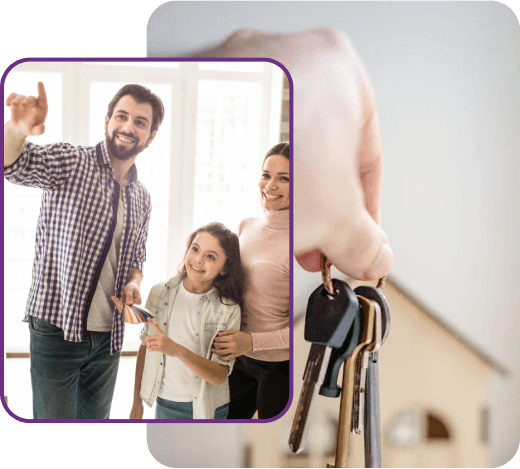Reverse Mortgages for Seniors
The Benefits of Reverse Mortgages for Seniors
Reverse mortgages offer several benefits for seniors who are looking for ways to tap into their home equity. One of the primary advantages is that the loan does not require monthly repayments, making it an appealing option for seniors on fixed incomes. Additionally, the proceeds from a reverse mortgage can be used for any purpose, including home repairs, paying off debt, or supplementing retirement income. For some, a reverse mortgage can help them stay in their homes longer by providing the financial flexibility to cover daily expenses.

Types of Reverse
Mortgages Available
There are several types of reverse mortgages available to seniors. The most common is the Home Equity Conversion Mortgage (HECM), which is federally insured and offered by government-approved lenders. HECMs come with certain protections and are typically the most accessible. Other options include proprietary reverse mortgages, which are offered by private lenders and may allow homeowners to borrow more than the HECM limit, and single-purpose reverse mortgages, which are less common and are typically offered by state or local government agencies for specific purposes, like home repairs.
How to Use the Proceeds from a Reverse Mortgage
The funds from a reverse mortgage can be used in a variety of ways to improve a senior’s quality of life. Some common uses include:
Supplementing retirement income
Many seniors use reverse mortgage funds to cover living expenses, medical bills, or daily needs.
Home repairs or modifications:
Seniors can use the proceeds to make their home safer and more accessible, especially if they have health concerns.
Paying off existing debt:
If seniors are struggling with high-interest debt, the funds from a reverse mortgage can help pay off those obligations and free up cash flow.
Covering long-term care costs:
Proceeds can be used for medical expenses, assisted living, or other types of long-term care.
The Costs of a Reverse Mortgage for Seniors
While a reverse mortgage can provide much-needed funds for seniors, it’s important to consider the costs associated with it. Reverse mortgages come with origination fees, closing costs, and insurance premiums. These costs can be significant, and they are typically rolled into the loan, meaning they are paid back when the loan is settled. The interest on a reverse mortgage accumulates over time, which means the loan balance can grow quickly, reducing the equity in the home. It’s crucial to weigh these costs against the benefits and to understand how they may affect your financial future.

